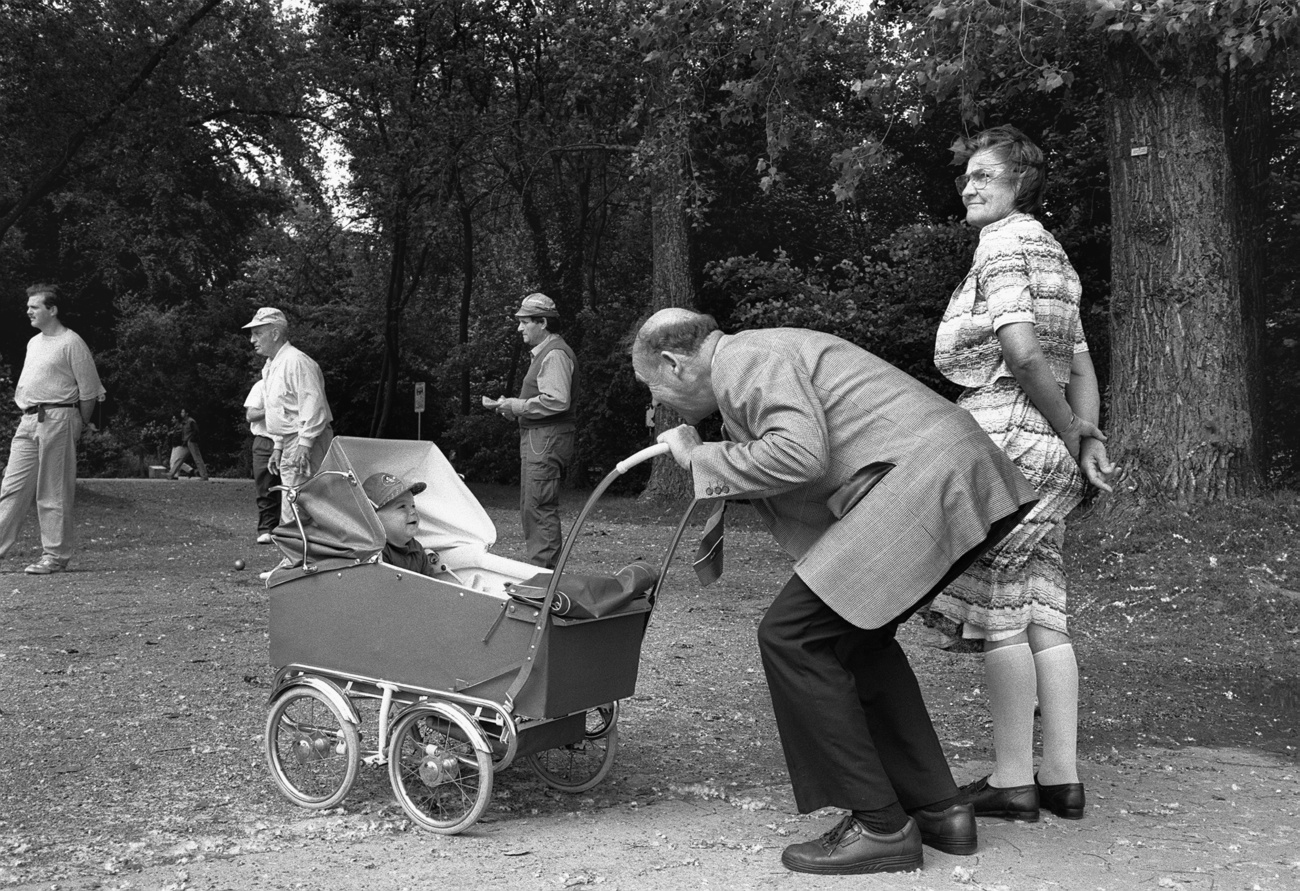
Inter-generational survey paints bleak picture for young

While respondents weren’t so concerned about a widening gulf between generations, they overwhelmingly agreed that young people today will not be better off than their forebears.
One-third of those surveyed by the Generation Barometer 2020, published on Monday, said they feared a “loss of solidarity” between young and old. Substantially more reckoned gaps are widening between rich and poor (71%), left and right (57%), and urban and rural (49%).
However, almost all agreed that young people today will not have a better quality of life than their parents: just 6% said otherwise. The current generation of 65-74-year-olds was the last to report a feeling that their life had been clearly better than that of their predecessors.
18-24-year-olds reported a bleak picture, with 42% saying they lacked confidence in life. It’s not that they were particularly dissatisfied with the present, the report noted, but rather they were worried about future scenarios, especially climate and environmental change.
Just over half also said they felt disadvantaged because of their age.
Overall, 55% of respondents from all age categories said the younger generation were at a disadvantage when it comes to the future of the pension system, which has been an ongoing political and social concern in Switzerland for years already.
Younger generations also reported marked differences when it came to attitudes towards things like the sharing of household chores between men and women, and even how relationships are structured. Two-thirds of 18-24-year-olds said non-monogamous forms of relationships were acceptable and normal, as opposed to 26% of 45-54-year-olds.
The survey, carried out by the Sotomo research group for the Generation House museum in Bern, contacted 3,285 people in the country in September 2020.

In compliance with the JTI standards
More: SWI swissinfo.ch certified by the Journalism Trust Initiative




























You can find an overview of ongoing debates with our journalists here . Please join us!
If you want to start a conversation about a topic raised in this article or want to report factual errors, email us at english@swissinfo.ch.